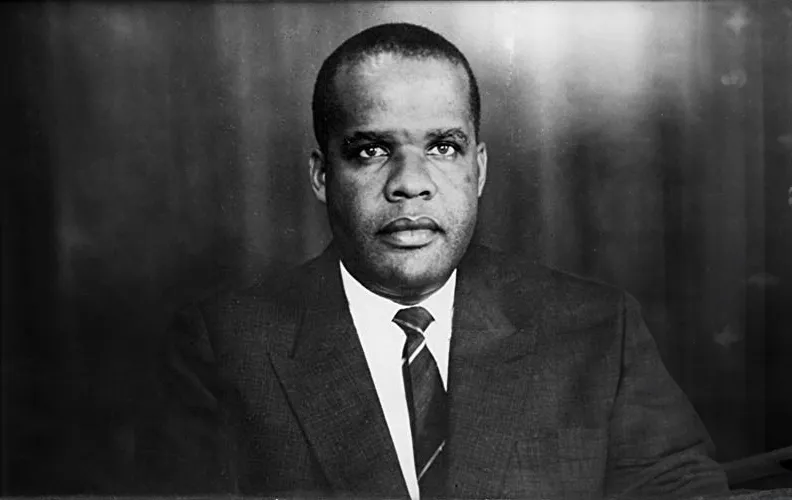
Most of us struggle to use money in a way that serves us well. But you can learn to use it as a tool that can serve you well, writes Marguerite Engelbrecht.
Is money a source of stress and anxiety for you? Do you wish you could change that so money becomes a tool to achieve what you want to do?
For many of us, our relationship with money is complex, often marked by unspoken (and frequently unconscious) beliefs and triggers. Money feels like a force of its own, with an identity and will of its own.
Most of us struggle to use money in a way that serves us well.
But actually, money is a means of exchange, and an imperfect way of measuring value. You too can learn to use it as a tool that can serve you well.
If you want to change the way you view money, start with self-compassion and be curious about what it is you believe about money.
Pause and reflect on how you feel when you:
- Read an article about money like this;
- Open your banking app and view your account balance,
- Look at a bank statement; or
- Pay bills.
How does it feel when:
- You receive money?
- You buy things?
- Someone close to you brings up the topic of money?
- A significant other asks you to buy them something or give them money?
Make notes. Awareness is the first step in the process.
If you feel stressed or anxious about money issues, ask yourself more questions about what is underneath the stress or anxiety? Is it shame? Embarrassment? Fear? Or a nagging sense that things are not okay in your money world, but you feel it’s too difficult or overwhelming to sort out?
Often our relationship with money is a reflection of our relationship with ourselves.
Money plays such a prominent role in our lives that many of us find our self-worth and identity have become enmeshed in what we believe about money. Untangling these beliefs is a gradual process of self-development and growth.
Making better decisions
How do you detach your emotions from financial decisions and make more objective choices?
Many people believe that if we can ignore or separate our emotions from our financial decision-making processes, we would be better off. But would we?
We are emotional beings and our emotions are very important sources of information guiding our daily decision-making.
However, if we mostly rely on emotions when making money decisions, we miss a lot of other important details. We tend to react to our emotions in a split-second. To make better money choices, we need to learn to slow down.
Practice mindfulness, do breathing exercises, journalling or just stop and think so you can recognise patterns in your thoughts and actions.
When you are more aware of your emotions, you feel them, acknowledge them and create space for other sources of information.
This will help you to look more clearly at the options you have and what is important to you in life.
Dismissing it as too complicated
If you believe that money is a complicated subject you can’t master, you are not alone. Many of us feel paralysed by the overload of information, but it is essential to master the subject or your money will master you.
Start with something that interests you. Pick a topic that you find both fascinating and relevant to your life. Maybe it is a pain point in your money life. Maybe it’s something you are curious about.
As you engage more, you will build the vocabulary and mental constructs you need to navigate the world of money with greater confidence and competence.
Break down your objectives into smaller steps and start with one step at a time. When you achieve a goal, celebrate your progress.
Negative money beliefs
Do you have negative money beliefs or habits from your upbringing?
Think about your earliest money memories and how you feel when you revisit those memories. As you reflect, you will notice these beliefs, thoughts and habits in your everyday life.
Once you are aware of them, you can consciously choose which ones serve you and which ones you want to replace with beliefs and habits that will bring you closer to your goals.
Many researchers believe that by the time we are seven years old, we’ve already internalised the money mindsets and beliefs which will greatly influence our behaviour with money later in life.
Most of us did not have good money role models. Recognising this may lead you to accept that you might need help in this area. Seek counsel, therapy, coaching or advice.
Positive affirmations
Now you can create money affirmations that align with your goals and challenges.
The more you know and understand yourself, the easier it will be to do this.
Choose a money issue that you want to address and the message to yourself. For example, if you struggle to hold onto and save money, use words such as: It is good for me to hold onto money and save it for my goal to … .
The more specific you are in your objectives, the easier it will be to maintain boundaries around the choices you make with your money.
Remember that life happens. For many people, life is exceptionally hard, especially in the current economy.
Be intentional about building mutually supportive relationships with people who will lift you up, cheer you on and celebrate you as you navigate the complexities and curveballs of life. And do the same for them.
Practice gratitude. Our brains are wired to focus on the negative to help us survive. When you are grateful you see the glimmers of hope when times are hard.
It will help you recognize that in most setbacks, there are learning opportunities. This will make you more resilient emotionally, and competent with your money.
It is a journey. Enjoy the adventure!
Marguerite Engelbrecht is a financial planner with MJF Wealth in Somerset West.
This article was first published on SmartAboutMoney.co.za, an initiative by the Association for Savings and Investment South Africa (ASISA).
News24 encourages freedom of speech and the expression of diverse views. The views of columnists published on News24 are therefore their own and do not necessarily represent the views of News24.
News24 cannot be held liable for any investment decisions made based on the advice given by independent financial service providers. Under the ECT Act and to the fullest extent possible under the applicable law, News24 disclaims all responsibility or liability for any damages whatsoever resulting from the use of this site in any manner.





Recent Comments